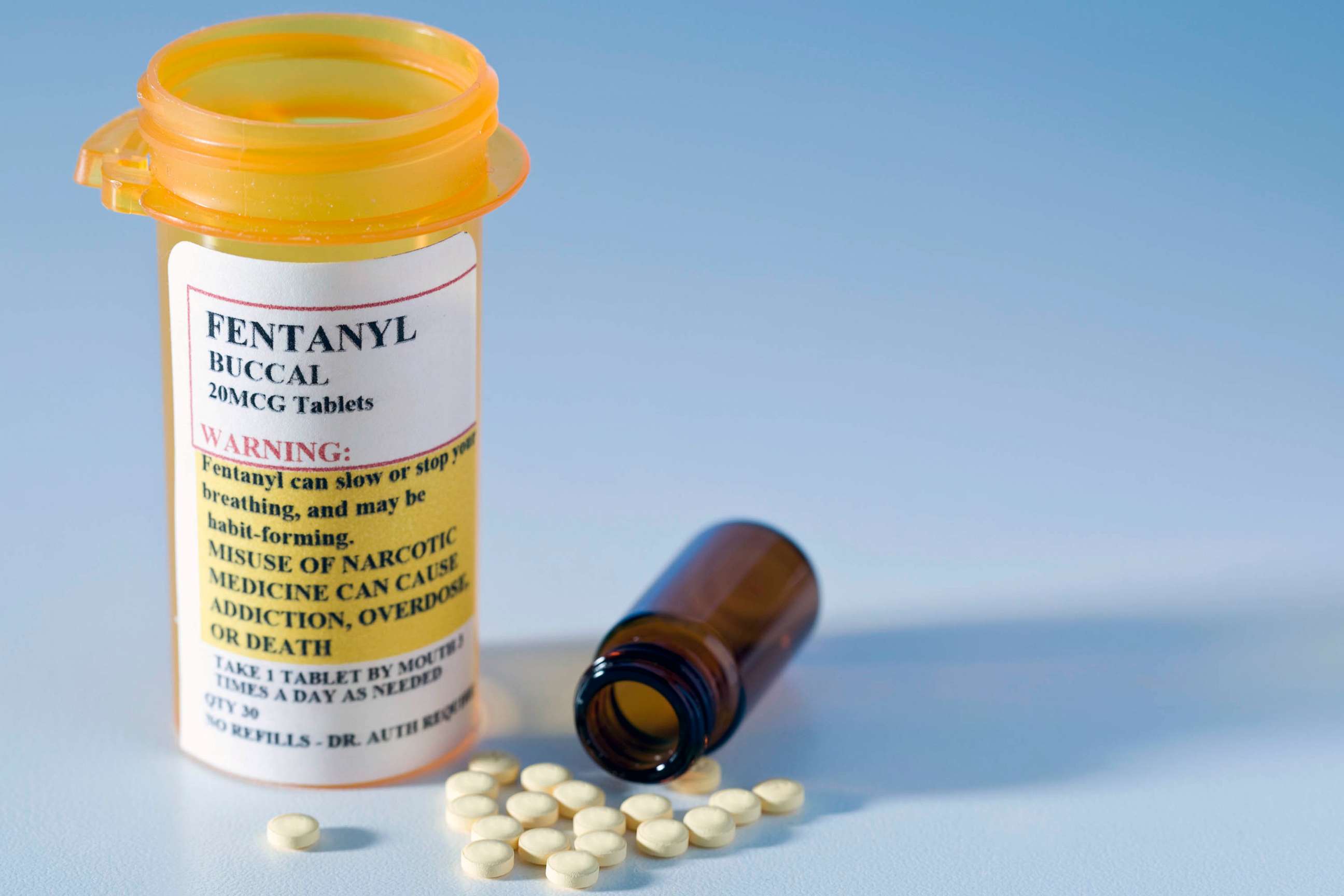Calls to poison centers for fentanyl exposure in kids increased nearly 54-fold since 2016
"We are extremely concerned about what we are seeing," a researcher said.
Calls to poison centers for illicit fentanyl exposures in kids under 6 years old increased from 10 cases in 2016 to 539 in 2023, according to a press release from America's Poison Centers.
The figures come on the heels of a new study showing that over 321,000 children lost a parent due to drug overdose from 2011-2021.
"It is imperative that the community provides resources to end the fentanyl epidemic and that people who use illicit drugs secure them from children by using opaque child-resistant lockable containers," said Dr. Robert Hendrickson, medical director of the Oregon Poison Center and professor of emergency medicine at the OHSU School of Medicine, in a press release.
"We are extremely concerned about what we are seeing in the community and will continue to bring the issue to the forefront to raise awareness about how to prevent unintentional exposures among children," he added.

Data from United States poison centers are self-reported and may not capture every possible exposure to a toxin, as bystanders may call 911 or seek help elsewhere.
"The rise of cases for young children exposed to fentanyl highlights the need for increased public awareness of the fentanyl epidemic," said Dr. Kaitlyn Brown, clinical managing director for America's Poison Centers, in a press release.
Children exposed to illicit fentanyl experience symptoms like loss of consciousness and slowed or stopped breathing, according to America's Poison Centers. About 63% of the children were treated with naloxone, a medication that rapidly reverses an opioid overdose.
Some common signs of an opioid overdose include small pupils; pale or bluish skin; vomiting or foaming at the mouth; slow or shallow breathing; or appearance of sleepiness or loss of consciousness, the organization said.
More than 80% of pediatric exposures to illicit fentanyl occurred in the child's home, according to a recent study.
"Equipping communities with knowledge about the dangers of fentanyl exposures in young children, how to prevent accidental exposure, and what to do when a child has been exposed is key to keeping young children safe," Brown added.
Parents of young children should ensure all drugs or other potentially poisonous substances are kept up high and out of reach, the organization adds. Using cabinet locks or medicine lock boxes may also help.
Call 911 right away if someone is unconscious, not breathing or if naloxone has been given, the organization said.
For emergency assistance, please call Poison Help at 1.800.222.1222 to speak with a poison expert, or visit PoisonHelp.org for support and resources.




